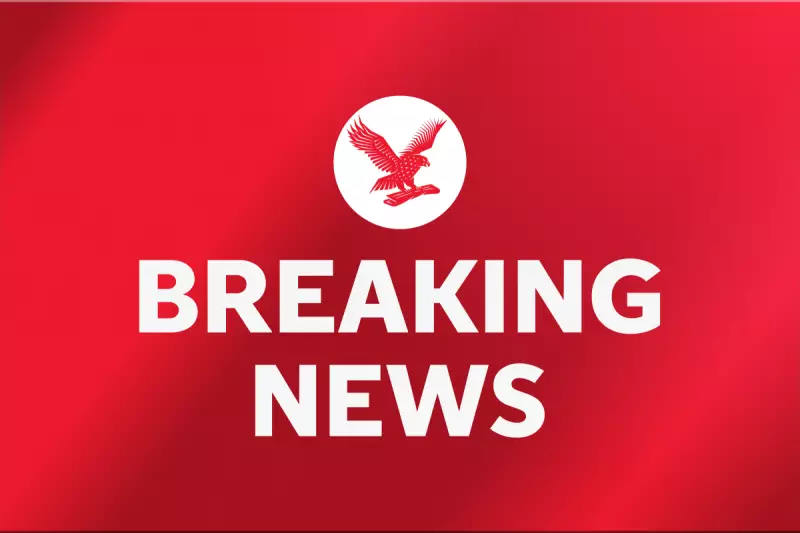
In a dramatic political development that has sent ripples through Central Asian politics, Mongolian Prime Minister Luvsannamsrain Oyun-Erdene has tendered his resignation after suffering a crushing defeat in a parliamentary confidence vote.
Parliamentary Showdown Ends Premiership
The ruling Mongolian People's Party, which holds a commanding majority in parliament, witnessed surprising internal dissent during Thursday's crucial vote. Despite their numerical advantage, support for the Prime Minister evaporated in a stunning reversal that underscores deepening political fractures within the nation's leadership.
The confidence motion failed spectacularly, with 36 lawmakers voting against the Prime Minister while only 30 stood in support. This decisive rejection came despite the Mongolian People's Party controlling 68 of the legislature's 126 seats, indicating significant party fragmentation and dissatisfaction with Oyun-Erdene's leadership.
Corruption Scandal Shadows Government
Political analysts suggest the Prime Minister's downfall has been brewing for months, exacerbated by a sprawling corruption scandal that has ensnared numerous officials and prominent businessmen. The controversy centres around allegations that state-owned enterprises were systematically exploited for coal revenue theft, shaking public confidence in the administration.
"This resignation represents more than just a change in leadership; it signals a potential political reset for Mongolia," noted a Ulaanbaatar-based political analyst. "The corruption allegations created an untenable situation that even party loyalists couldn't ignore."
Constitutional Process Now in Motion
With the Prime Minister's resignation formalised, Mongolia's constitutional machinery has swung into action. The entire cabinet will continue in a caretaker capacity until a new government can be formed, ensuring political stability during this transitional period.
The parliamentary process for selecting a new Prime Minister requires consensus-building across party lines. Lawmakers now face the challenging task of nominating and confirming a successor who can unite the fractured legislature and address the corruption concerns that precipitated this political crisis.
Regional Implications and Economic Concerns
This political upheaval comes at a delicate time for Mongolia, a mineral-rich nation strategically positioned between China and Russia. The leadership vacuum raises questions about the continuity of key policies and international agreements, particularly those related to the nation's vital mining sector and economic partnerships.
Observers will be watching closely to see whether this political reset leads to meaningful anti-corruption reforms or simply reshuffles power among existing political elites. The coming weeks will prove crucial in determining Mongolia's political direction and its approach to governance challenges.





